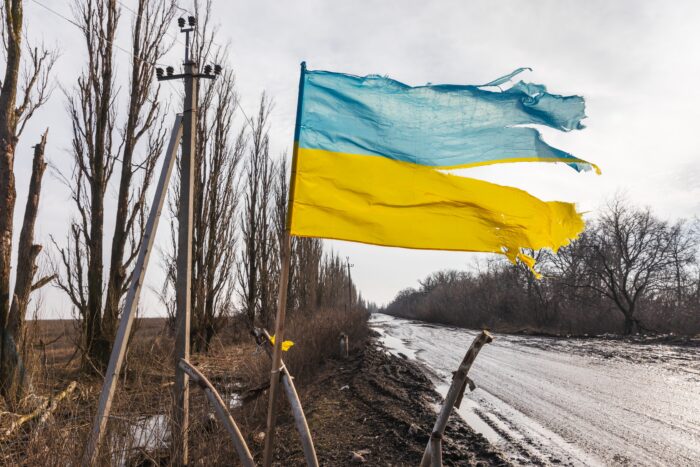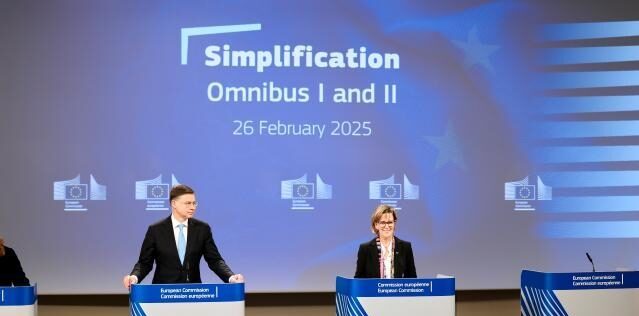Find all related publications
Publications
Find all related Progressive Post
Progressive Post
Find all related Audiovisual
Audiovisual
26/02/2026
26/02/2026

04/02/2026
Find all related news
News
Find all related in the media
In the media
EUfória podcast Andor Lászlóval: Mire képes az EU saját erejéből és mennyire van kiszolgáltatva a világnak?
by EUrologus 26/02/2026
España los forma, Europa los contrata: así es el mapa de la nueva fuga de cerebros
by El Confidencial 10/02/2026












